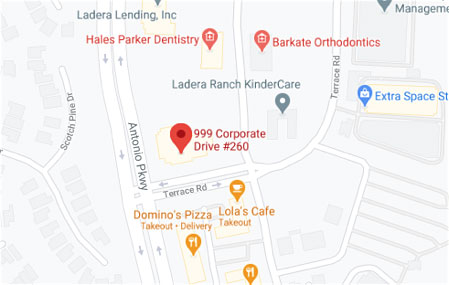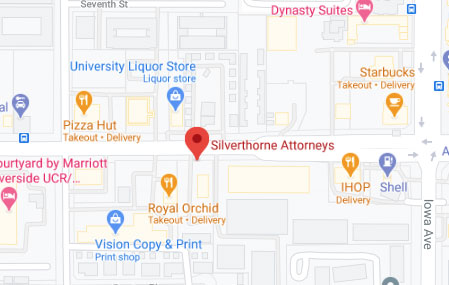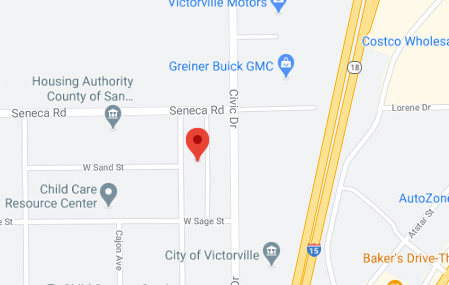I think we have all been woken up a time or two from the loud, obnoxious chirping sounds of our smoke alarms. Whether it’s telling us we need to change its battery, or someone burned something in the oven, I’m sure it has happened to us all. and as long as we have been going over the steps to filing a burn claim, I wanted to discuss defective smoke alarms and how you may have a claim should your smoke alarm be defective.
A Little History
Battery powered smoke alarms were first introduced into homes in the mid-1960’s and by 1991, almost 81% of homes in the US had at least one smoke detector. as of a study that was done in 2010, approximately 96% of homes have smoke alarms.
Types Of Smoke Alarms
- Ionization Detectors – These are the most common. They have a chamber with two plates that produce electric currents. When the smoke enters into the chamber, the current is disrupted, sending a signal to the alarm and thus the alarm goes off. These alarms can detect a fast-moving fire, but their biggest shortcomings have to do with being able to detect smoldering, slow moving fires – these fires can go completely undetected by this alarm
- Photoelectronic Detectors – These alarms use a beam of light and a light receptor so that when smoke appears between the receptor, the receptor signals the sensor to set off the alarm. These detectors are best for smoky, slower-burning fires.
- Dual Sensor Smoke Alarms – These alarms combine both ionization and photoelectronic capabilities in one unit. This is probably the most effective of all three.
Though ionization detectors are the most common type on the market, the majority of house fires start at night when people are sleeping and there is the low heat, smoldering fires which basically make the Ionization Detector worthless. Tests have shown that a fire can produce deadly amounts of smoke for more than half an hour, without the ionization detector ever going off.
In Need of a Personal Injury Attorney? Contact Us Today!
If you have lost a loved one or have been injured because of a defective smoke alarm, you may have a case. It is important to understand what options you have for compensation if you have sustained injuries or have lost a loved one. If you need to consult an attorney contact us today to discuss your case. Consultations are free.












